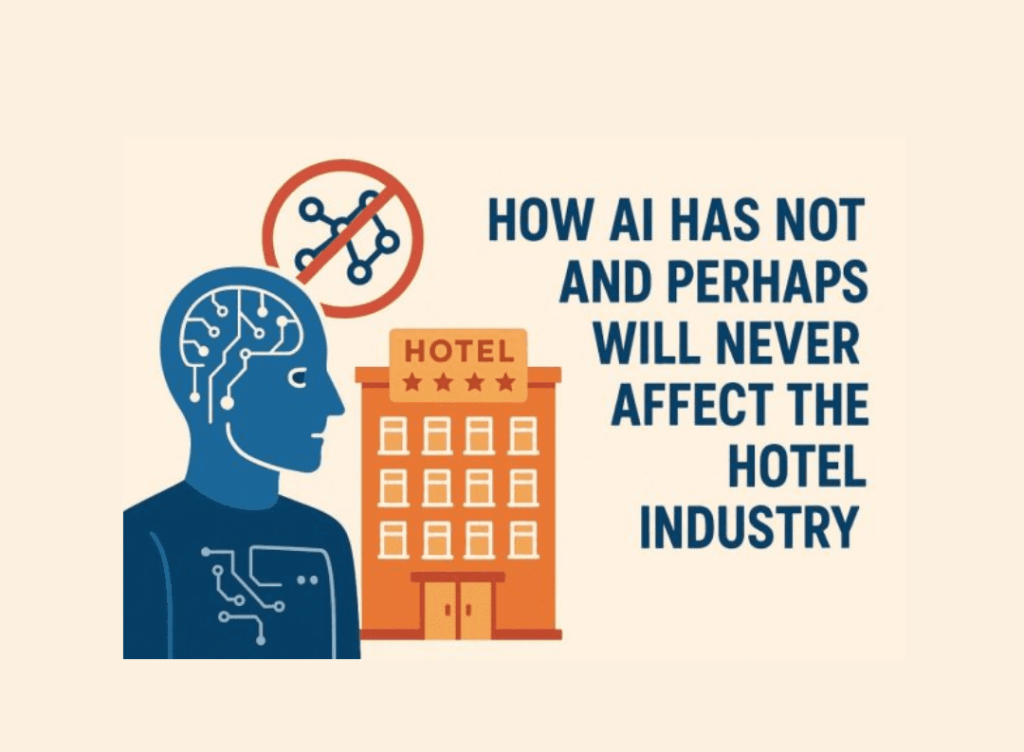In a world increasingly driven by automation and artificial intelligence (AI), the hospitality industry—especially hotels—remains a uniquely human domain. While AI has made inroads into booking systems, chatbots, and data analytics, its impact on the core of hotel operations has been surprisingly limited.
Why? Because hospitality is, at its heart, a deeply personal experience. Guests don’t just seek a bed to sleep in; they seek connection, warmth, and service that only humans can provide. The smiling receptionist who remembers your name, the concierge who recommends a hidden gem of a restaurant, or the housekeeper who leaves a handwritten note—these human touches are irreplaceable.
Moreover, many travelers actively resist overly automated experiences. Self-check-in kiosks and robotic room service may appeal to a niche crowd, but they often fall short in making guests feel truly welcome. The essence of hospitality is empathy, intuition, and the ability to adapt in real-time—all traits where AI still struggles.
Smaller boutique hotels and luxury resorts, in particular, have seen minimal AI integration. Their brand identity hinges on personalized, hands-on service, which cannot be replicated by an algorithm. Even large hotel chains, while experimenting with AI tools, continue to prioritize human-led interactions as central to guest satisfaction.
In essence, while AI may assist behind the scenes, it cannot replace the magic of genuine hospitality. The hotel industry may adapt and evolve, but its soul—people serving people—remains untouched by machines. And for many travelers, that’s exactly how it should stay.

